The continuous depreciation of the Kwacha against major convertible currencies is quickly turning into a serious business nightmare especially for local small and medium businesses, according to leader of the opposition Golden Party of Zambia (GPZ) Jackson Silavwe.
Silavwe said it is increasingly becoming expensive to run a local business and this trend is negatively affecting the business environment at both local small and medium levels in an import-based economy, compounded by the fact that Zambia’s economy is consumer based.
Read more: ActionAid 2022 report demands more from Hichilema administration
He said that local small and medium businesses which employ a large chunk of workers (90%+) outside the formal sector are now experiencing high operational costs owing to the upward swing of the Kwacha.
“If not arrested it is only a matter of time local small and medium businesses start to close unleashing more unemployed people to the already existing eight million job seekers on the market,” Silavwe said.
He has since called on President Hakainde Hichilema and his administration to provide tax, levies and statutory incentives to small and medium businesses so as to reduce the cost of doing business and scale up production.
Silavwe said government should also cap the price of fuel and electricity (plus or minus) every six months to return business predictability in estimating operational costs and other business overhead costs.
“Government should take over both gold and sugilite mining through Zambia National Service to rake in dollars in the treasury to help the Kwacha appreciate against the western currencies,” he said.
Silavwe said a deliberate economic plan to directly invest in Zambians through government supported new venture fund startups targeted at indigenous Zambians in agriculture, mining, manufacturing, technology and creative arts is also needed especially that the country needs more new local business players with new money.
“We further request the Republican President to convene a National Economic Summit where different stakeholders can present papers to the government to inform a new economic order for the country from 2023 to 2033,” he said.
Contributed by Augustine Sichula
WARNING! All rights reserved. This material, and other digital content on this website, may not be reproduced, published, broadcast, rewritten or redistributed in whole or in part without prior express permission from ZAMBIA MONITOR.

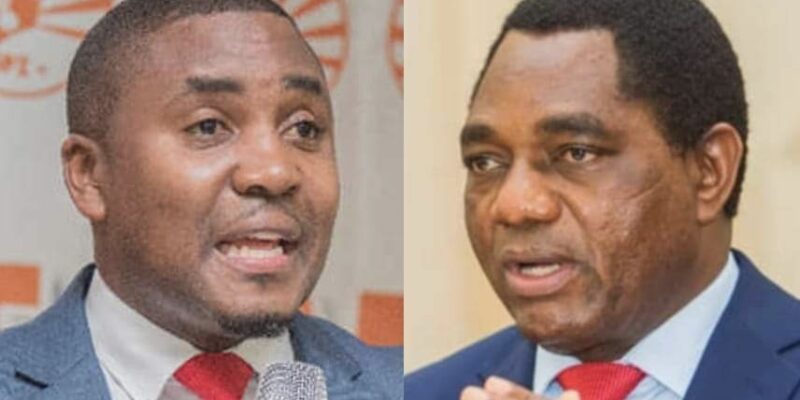

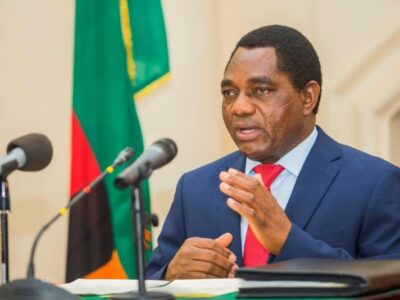
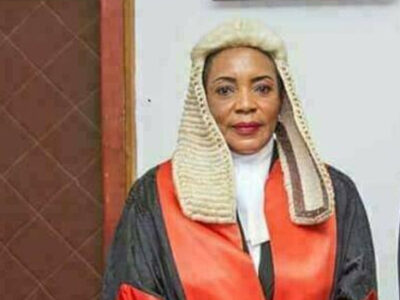

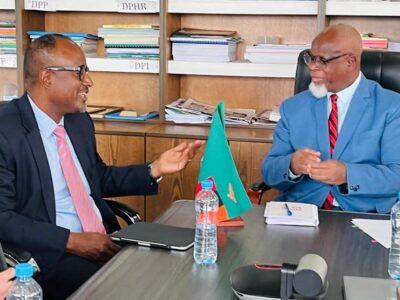
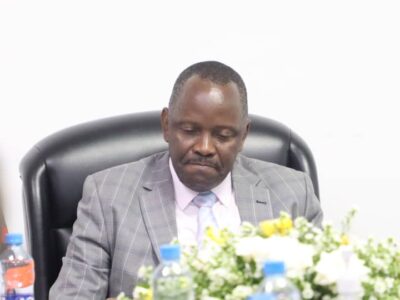




Comments